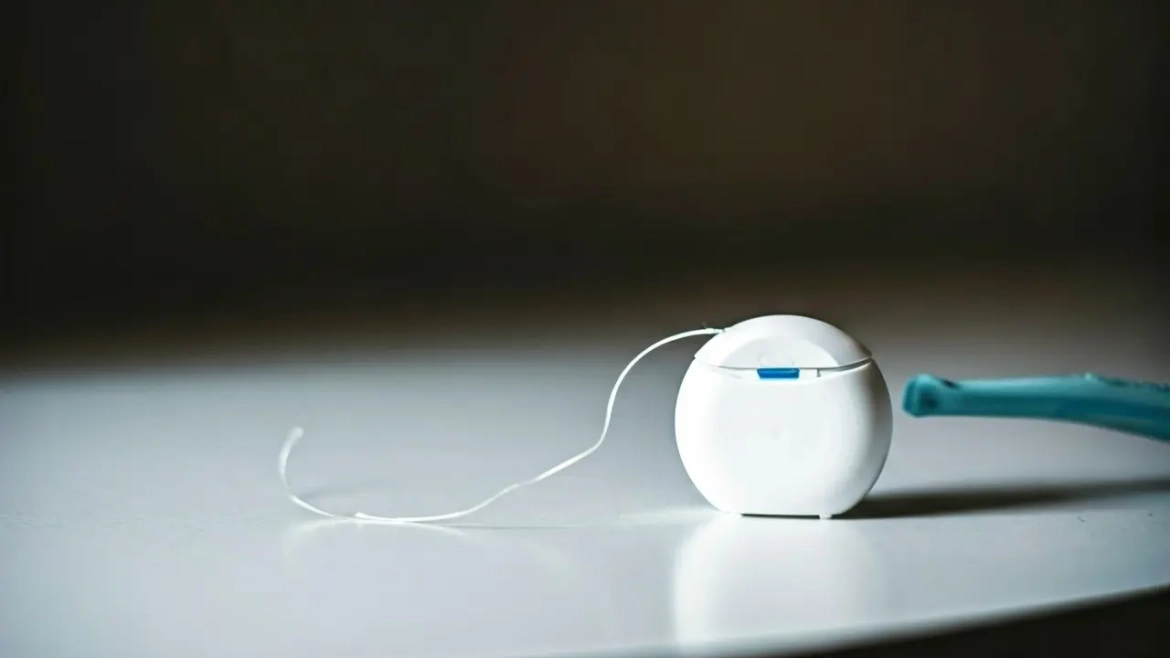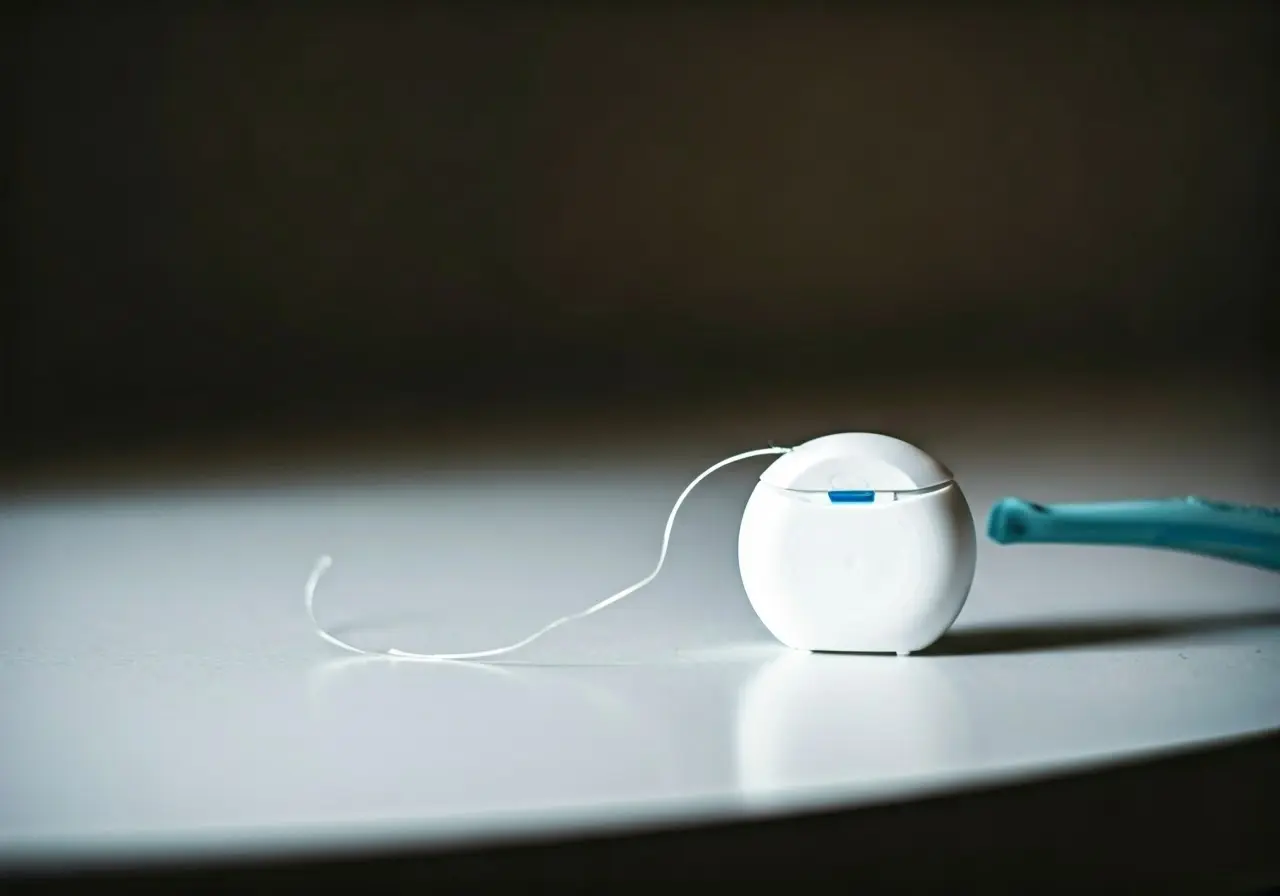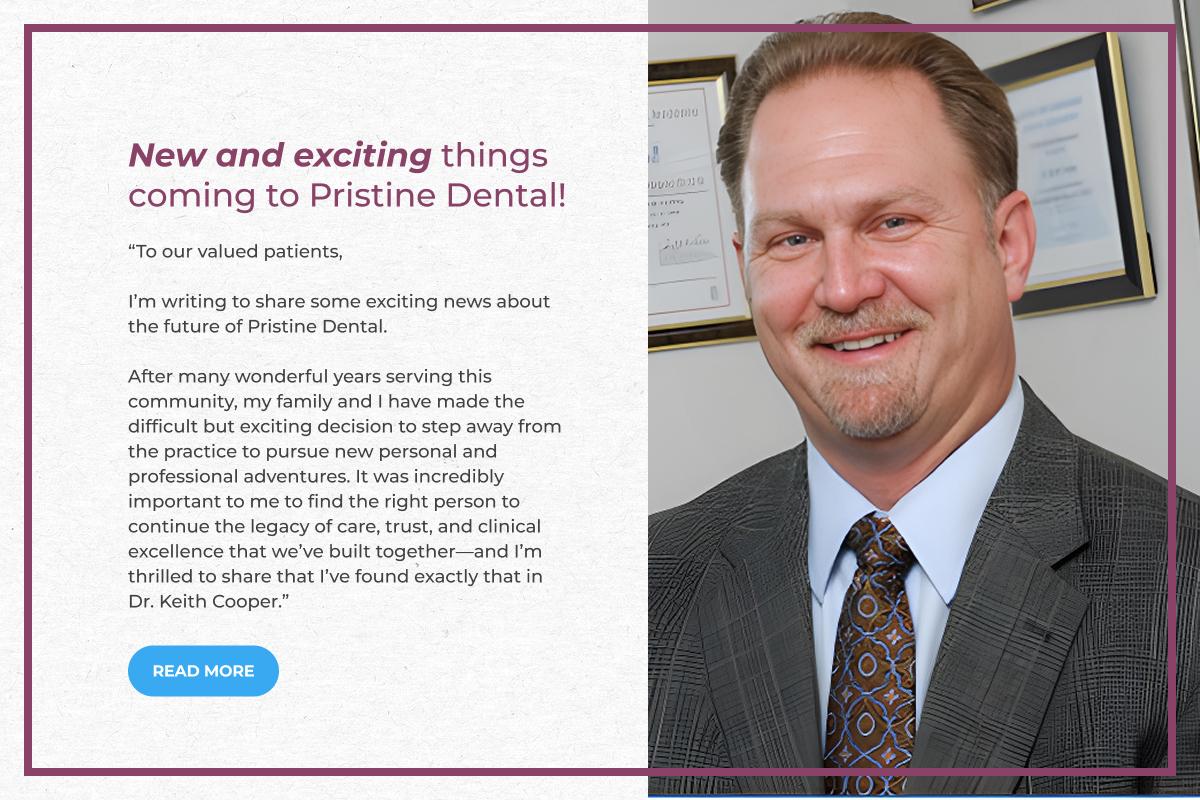In the hustle and bustle of daily life, dental health may not always be at the forefront of our minds until something goes wrong. But what if we could avoid those unexpected, and often painful, dental emergencies altogether? Preventive dentistry steps into the spotlight as a crucial ally in maintaining oral health and minimizing emergency visits. In this FAQ, we’ll explore how preventive measures can keep your smile bright and reduce the likelihood of urgent dental care needs.
What is Preventive Dentistry?
Preventive dentistry encompasses a range of practices and treatments that aim to keep your teeth healthy and prevent dental issues. This includes regular dental cleanings, fluoride treatments, sealants, and patient education, all designed to maintain optimal oral health.
At its core, preventive dentistry is about education and empowerment. Dentists provide guidance on proper brushing techniques, flossing, and dietary choices that contribute to oral health. By focusing on prevention, you avoid the discomfort of intensive treatments necessitated by neglect.
Engaging in preventive dentistry not only saves your teeth but also your time and money. Simple actions like regular check-ups and professional cleanings can prevent costly procedures down the line.
This proactive approach also includes early detection of potential issues through X-rays and thorough examinations, enabling timely interventions. Armed with this knowledge, you stand a much better chance of maintaining vibrant oral health well into the future.
How Do Regular Check-Ups Help?
Routine dental check-ups allow dentists to catch potential problems early. By identifying issues like cavities or gum disease in their initial stages, your dentist can provide treatment before they require emergency intervention.
Regular check-ups also offer an opportunity for professional cleaning, which is vital in removing tartar build-up that at-home brushing and flossing might miss. This helps in the prevention of gum disease, a common cause of dental emergencies.
According to dental experts, consistent visits to your dentist can also help monitor oral health changes that may relate to general health conditions, making these check-ups an integral part of a holistic health regime.
During these visits, patients receive tailored advice based on their specific oral health needs, ensuring personalized prevention strategies are in place. Each visit reinforces good habits and adjusts care strategies to address any new concerns.
Why is Daily Oral Hygiene Important?
Daily oral hygiene, including brushing and flossing, plays a vital role in preventing plaque buildup and tooth decay. A consistent oral care routine helps keep your teeth and gums healthy, reducing the risk of unexpected dental issues.
Brushing twice a day with fluoride toothpaste and flossing at least once remove the daily accumulation of plaque. If left unchecked, plaque can turn into tartar, which might require professional cleaning, and if ignored, can lead to more severe dental issues.
Incorporating additional practices like using mouthwash and cleaning the tongue further ensures that bacteria are minimized, helping to maintain fresh breath and a healthy oral environment.
Can Diet Impact Your Dental Health?
Yes, your diet can significantly influence your oral health. Consuming a balanced diet with limited sugary snacks and drinks can help maintain strong teeth and prevent problems like cavities, thus reducing the chances of emergency visits.
Incorporating foods rich in calcium and phosphorus, such as milk, cheese, and green leafy vegetables, strengthens tooth enamel, making it more robust against decay. Additionally, crunchy fruits and vegetables like apples and carrots can serve as natural toothbrushes, helping to clean teeth surfaces.
Staying hydrated is another essential aspect. Water helps wash away food particles and bacteria, and saliva production, stimulated by sipping water, provides minerals to the teeth, contributing to enamel repair and strengthening processes.
How Do Fluoride Treatments and Sealants Work?
Fluoride treatments strengthen your tooth enamel, making it more resistant to decay, while dental sealants provide a protective barrier on the chewing surfaces of your molars. Both are effective preventive measures that can help you avoid dental emergencies.
Fluoride, a naturally occurring mineral, not only fights cavities but also helps reverse early stages of tooth decay. During a dental visit, a dentist may apply a higher concentration of fluoride in the form of a gel or varnish to boost enamel strength.
Sealants, often recommended for children as soon as molars come in, shield the grooves and depressions in teeth where food particles can easily get trapped, significantly reducing the chance of cavity formation. They are a particularly effective tool in preventive dentistry’s arsenal.
The Importance of Prevention: A Smile’s Best Defense
By investing in preventive dentistry, you’re not just saving yourself from potential pain and discomfort; you’re also making a smart choice for your overall well-being. Regular check-ups can spot early signs of trouble, and good oral hygiene can stave off common dental issues. Say goodbye to unexpected dental drama and hello to a healthy, radiant smile! For comprehensive dental services that prioritize prevention, visit our homepage to learn more.



